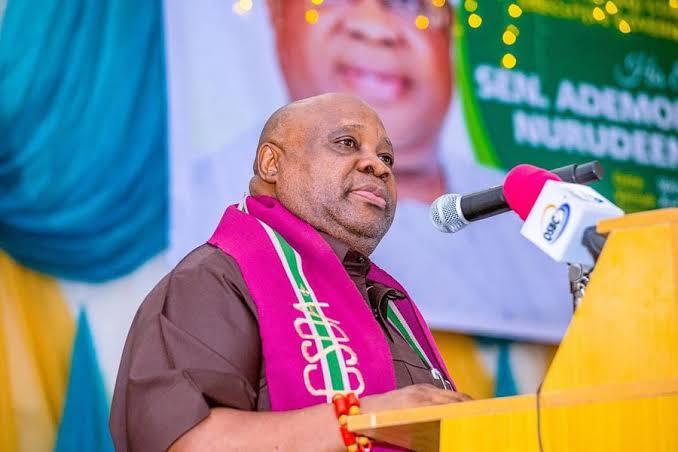A British nurse was found guilty Friday of murdering seven newborn babies and trying to kill six others at the hospital neonatal unit where she worked, becoming the UK’s most prolific child killer.
Lucy Letby, 33, had been on trial since October last year, accused of either injecting her sick or premature young victims with air, overfeeding them with milk, or poisoning them with insulin.
The victims’ families said in a joint statement read outside Manchester Crown Court in northern England said, “Justice has been served.”
But they cautioned, “This justice will not take away from the extreme hurt, anger, and distress we have all had.”
The jury, some of whom were in tears after they were discharged, deliberated for 22 days, returning their first guilty decisions on August 8, which could not be reported until Friday because of a court order.
Letby fought back tears in the dock after the initial verdicts were read out. She was not in court Friday to hear the jurors’ final determinations.
They eventually acquitted her of two counts, and could not reach decisions on six others. Prosecutors have asked for 28 days to consider whether to seek a retrial on those charges.
– ‘Betrayal’ –
Letby will be sentenced on Monday and has reportedly told her lawyers she will not attend court to hear her fate but she faces the prospect of never being released from prison.
The nurse was arrested following a string of deaths at the neonatal unit of the Countess of Chester Hospital in northwest England between June 2015 and June 2016.
Described by the prosecution as a “calculating” woman who used methods of killing that “didn’t leave much of a trace”, Letby had repeatedly denied harming the children.
“Time and again, she harmed babies, in an environment which should have been safe for them and their families,” said senior prosecutor Pascale Jones, calling the killings “a complete betrayal of the trust placed in her”.
The court was told that colleagues raised concerns after noticing that Letby was on shift when each of the babies collapsed, with some of the newborns attacked just as their parents left their cots.
The prosecution said Letby “gaslighted” her colleagues into believing the string of deaths were “just a run of bad luck”.
– ‘Playing God’ –
Letby’s final victims were two triplet boys, referred to in court as babies O and P.
Child O died shortly after Letby returned from a holiday in Ibiza in June 2016, while Child P died a day after their sibling.
Letby was also said to have attempted to kill the third triplet, child Q, but the jury was unable to reach a verdict on the charge.
Prosecutors said by that time Letby was “completely out of control”, adding that “she was in effect playing God”.
Letby was arrested and released twice. On her third arrest in 2020, she was formally charged and held in custody.
During searches at her home, police found hospital paperwork and a handwritten note on which Letby had written: “I am evil, I did this.”
Letby later tried to explain the note by saying she wrote it after being placed on clerical duties following the death of the two triplets.
Defence lawyer Ben Myers told the court Letby was “hardworking, deeply committed” and “loved her work”.
Letby also suggested that a “gang” of four senior doctors pinned blame on her to cover for the hospital’s failings.
When she gave evidence at the trial, she insisted she “always wanted to work with children” and said it was “devastating” to find out she was blamed for the deaths.
– Police probe –
Police are investigating Letby’s entire tenure at the Countess of Chester and at the Liverpool Women’s Hospital where she also previously worked, sifting through more than 4,000 neo-natal unit admissions between 2012 and 2016.
Nigel Scawn, medical director at the Countess of Chester, said the case had a “profound impact” on the hospital’s patients but “significant changes” have been made since Letby worked there.
The government meanwhile announced an independent inquiry into Letby’s case and will look at how concerns by clinicians were dealt with by hospital management.
UK Health Secretary Steve Barclay said it would help the victims’ parents and families “get the answers they need” and “help… identify where and how patient safety standards failed to be met”.
Her case revived memories of two of Britain’s infamous medical murderers, doctor Harold Shipman and nurse Beverley Allitt.
Shipman, a general practitioner, hanged himself in prison in 2004, four years after being convicted of killing 15 of his patients.
A later public inquiry concluded he killed about 250 patients with lethal morphine injections between 1971 and 1998.
Allitt — a nurse dubbed the “angel of death” — was jailed for life in 1993 after being convicted of murdering four young children in her care, attempting to murder three others and other offences.
AFP
Advertisement





